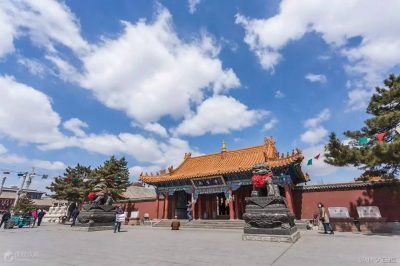作者: admin
■ Conference Venue For QR2MSE2025
(QR2MSE2025会议地点)
HOHHOT JUVA GRAND HOTEL (呼和浩特巨华国际大酒店)
(呼和浩特巨华国际大酒店(www.juvahotel.com))

地址:呼和浩特市新城区成吉思汗大街20号
Address: No. 20 Genghis Khan Street, Xincheng District, Hohhot City, P. R. China
Add: At the red mark in the picture
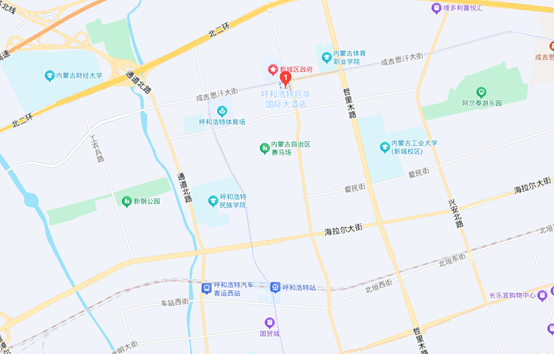
■ Hotel Booking (酒店预订)
| Room Type | Room Rate/ Per Night |
| Deluxe King | CNY 650 (About USD 90, including 1 breakfast); CNY 700 (About USD 97, including 2 breakfast). |
| Deluxe Twin | CNY 650 (About USD 90, including 1 breakfast); CNY 700 (About USD 97, including 2 breakfast). |
■ Hotel Introduction (酒店简介)
Inner Mongolia Juhua International Hotel Management Co., Ltd. Juhua Hotel is located at No. 20 Genghis Khan Street, Xincheng District, Hohhot City, adjacent to Genghis Khan Square. It is only a 15 minute drive from Baita Airport and Railway Station, with smooth driving routes and convenient transportation.
The hotel has a total of 27 floors, including the basement level, with a total construction area of over 65000 square meters. With a unique architectural style and well-equipped supporting facilities, it is a regional commercial landmark that integrates accommodation, catering, meetings, shopping, and leisure and entertainment. It is an ideal choice for business travel and leisure vacation.
Spacious and luxurious guest rooms with an average area of over 30 square meters, providing a comfortable stay experience;
Five uniquely styled Chinese and Western restaurants, lounges and bars, and 21 private and luxurious Chinese dining rooms, offering a feast for the senses;
The 360 degree rotating restaurant located on the top floor of the hotel offers a panoramic view of the beautiful scenery of Hohhot from a high altitude;
14 flexible multifunctional halls and a column free grand banquet hall with an area of nearly 1200 square meters and a height of 9 meters can meet the needs of various sizes of meetings and banquets;
Spacious ground and underground parking lots with over 200 standard parking spaces, capable of fully supporting customer needs.
■ About Hohhot
Hohhot is the capital of Inner Mongolia Autonomous Region and the political, economic, and cultural center of Inner Mongolia. Hohhot is located in the northern border area of China, within the Eurasian continent. It is the core city of the Hohhot Baotou Yinchuan City Cluster and the central city of the Hohhot Baotou Hubei City Cluster. It is an important bridge connecting the Yellow River Economic Belt, the Eurasian Continental Bridge, and the Bohai Rim Economic Region. It is also an important border opening center city for China’s opening up to Mongolia and Russia.
Hohhot is a national historical and cultural city with a long history and splendid culture, and is one of the birthplaces of Chinese civilization. It has numerous museums and cultural relics, and is one of the important tourist distribution centers for northward grassland, westward desert, southward Yellow River, and eastward Beijing Tianjin. There are ancient Great Walls from the Warring States period, Zhao, Qin, Han, and Ming dynasties; There is the ruins of Shengle Ancient City in Northern Wei Dynasty; The Zhaojun Museum, which bears witness to the harmony between the Hu and Han ethnic groups and is known as a symbol of national unity pyramid; There is a grand call to Huangjiao Temple. There are many famous scenic spots such as the General’s Office under the jurisdiction of the Qing Dynasty in southern and northern desert areas.
■ About Tourism
Daqingshan Wildlife Park
The Daqingshan Wildlife Park is located in the northern suburbs of Hohhot, adjacent to Daqingshan to the north. The reason for choosing this location is because it has convenient transportation, unique terrain, and landforms. The zoo has unique and rich terrain and landforms such as plains, hills, and mountains inside. These diverse and continuous terrains not only provide convenient conditions for semi wild animal husbandry, but also greatly enrich the scenery, observability, and rich and diverse exhibition methods of the park. After the wild journey ends, tourists can immediately relax, interact with and caress animals. This tangible and intangible gap not only meets the inner needs of tourists seeking excitement and happiness, but also satisfies the enjoyment of seeking different senses. Tourists taking the sightseeing bus can see wolf packs grazing along the way, as well as meat eating beasts such as tigers, male lions, and black bears resting or foraging on both sides of the bus, experiencing the wonders of nature up close. It only takes about 10 minutes by car from the conference hotel to the scenic area.
The Dazhao Temple
The existing buildings of the Dazhao Temple include the mountain gate, the passing hall, the scripture hall, the nine story tower, and the Buddhist hall. The scripture hall and the Buddhist hall are closely connected, commonly known as the Great Hall. There are statues and murals inside the Buddhist hall. The silver Buddha statue has undergone four hundred years of changes in the mulberry trees and is still well preserved today.
The collection of Dazhao is extremely rich, with silver Buddha, dragon carvings, and murals becoming the “three wonders” of Dazhao. They are historical relics of the Ming Dynasty and have extremely high craftsmanship and ornamental value. Dazhao has the Ming Xuande Furnace, the Dragon Phoenix Peacock Umbrella used by Emperor Kangxi of the Qing Dynasty, the 8 Pearl Eight Treasures Palace Lanterns of Emperor Kangxi’s reign, Emperor Kangxi’s “Long Live Dragon Plaque”, the gilded God of Wealth bestowed by Emperor Qianlong of the Qing Dynasty, Tang cards from the Ming and Qing Dynasties, as well as various artifacts and masks used in religious activities, all of which are extremely precious historical relics and artistic treasures. It takes about 25 minutes by car from the conference hotel to the scenic area.
The aim of a special session/panel is to bring together researchers working on a specific topic of interests.
If you are interested in organizing a special session/panel, please send your proposal to the conference secretariat at icqrms@uestc.edu.cn as early as possible. The proposal should include the session/panel title, the scope and motivation of the session/panel, and the organizers and their brief CVs.
Both full papers and extended abstracts can be submitted to the conference and the special session should include more than 5 submissions.
■ Important Dates
Proposal Due May 31, 2024 Extended to June 15, 2024
Abstract Due June 15, 2024 Extended to June 30, 2024
Full Paper Due June 20, 2024 Extended to June 30, 2024
■ Submission Notices
If submitting to a special session/panel, please send a copy of the submission to the special session/panel chair(s), indicating paper ID.
Special Session #1. Trustworthy Safety in Engineering Assets, by Zifei Xu (zifei.xu@liverpool.ac.uk), University of Liverpool, UK; Yu Sun (sunyu9@hrbeu.edu.cn),Harbin Engineering University, China;Xu Cheng (xu.cheng@ieee.org),Tianjin University of Technology, China.
Special Session #2. Artificial Intelligence for Reliability and Safety in Ocean Engineering, by Huanhuan Li (h.li2@liverpool.ac.uk),Liverpool John Moores University, UK; Zhongchi Liu (liuzhongchi@centec.tecnico.ulisboa.pt), University of Lisbon, Portugal; Yunling Ye (yeyunling@whut.edu.cn), Wuhan University of Technology, China; Depeng Liu (liudepeng@cup.edu.cn), China University of Petroleum (Beijing), China
■ Keynote Speaker 1

Lirong Cui , PhD, Professor
Title: Shock Damage Evolution Processes and Their Analyses
Time:July 23-26, 2025
Abstract: Shock models have been widely studied in reliability. Most related researches have focused primarily on damage effects of shocks treated as constants after the arrivals of shocks, which may not be true in some practice. Because of the presence of self-healing, deterioration, and variation over time, the damage effects caused by the shocks may have some self-evolutions. In this talk, we shall discuss the patterns of shock arrives first, then study several possible damage effects after shock arriving. Thirdly, the shock damage analyses including modelling, assessment and decision-making are considered based on the shock arriving patterns and damage effects. Finally, the presentation is concluded and the possible future research is proposed. The talk outlines not only the related studies, but also may shed light on the related depth researches and extensive applications.
Biography:
Lirong Cui is a distinguished professor and ISEAM fellow in Business School of Qingdao University. He graduated from Tianjin Polytechnic University in 1983 (Bachelor of Engineering), from Institute of Systems Science, Chinese Academy of Sciences in 1986 (Master of Science), and from University of Wales (Swansea) in 1994 (PhD in Probability and Statistics). He worked at the Ministry of Aerospace Industry of China from 1986 to 1999, at National University of Singapore from 2000 to 2022, and at the School of Management of Beijing Institute of Technology from 2003 to May 2021. He has been working in Qingdao University since May 2021. He worked as a visiting scholar in the UK and Taiwan. He was an associate editor of IEEE Transactions on Reliability for 10 years (2005.1-2015.9). He serves currently an associate editor of IISE Transactions, Communications in Statistics, Quality Technology & Quantitative Management. He was and/or is now the branch director and deputy director of several academic organizations. He has published more than 170 SCI indexed papers and 1 English monograph. In 2005, he was named the new century outstanding talents of the Ministry of Education. He has supervised more than 40 PhD students and nearly 300 master students in mathematical and/or management subjects. He has chaired (was and is now) 6 general programs and 1 key program of the National Natural Science Foundation of China. Three international conferences he organized were funded by the National Natural Science Foundation of China as well. At present, his main research interests are: system reliability, aggregated stochastic process and repairable system modeling, degradation system reliability, finite Markov chain embedding method, cascade failures, balanced system reliability, optimal matching, Hawkes process, stochastic differential equations in reliability, data-based modeling and analyses, etc.

The Institution of Engineering and Technology

Reliability Division of the Korean Society of Mechanical Engineers

The Korean Reliability Society

Reliability Engineering Association of Japan
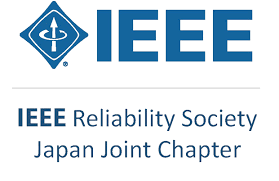
IEEE Reliability Society Japan Joint Chapter

European Safety and Reliability Association

International Society of Engineering Asset Management

Bernoulli Society for Mathematical Statistics and Probability

Korean Society for Prognostics and Health Management
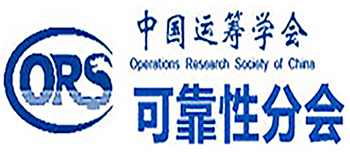
Reliability Committee of Operations Research Society of China

Reliability Engineering Institution of Chinese Mechanical Engineering Society

Center for System Reliability and Safety, UESTC
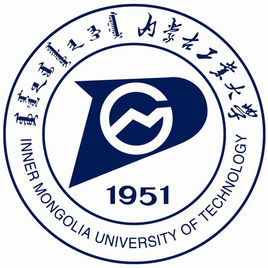
Inner Mongolia University of Technology
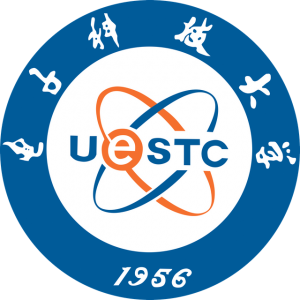
University of Electronic Science and Technology of China
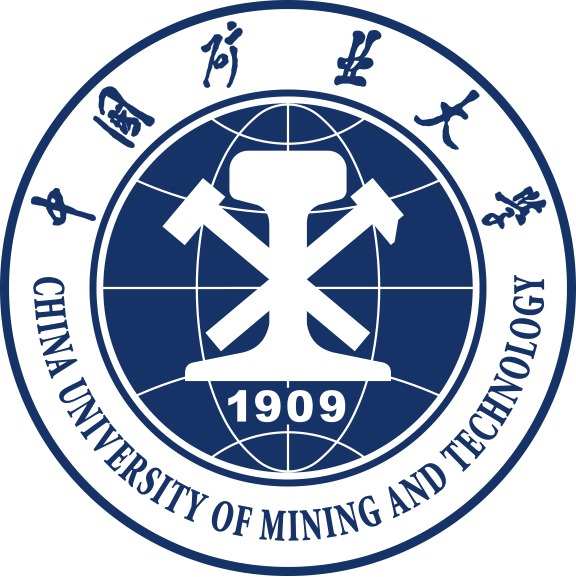
China University of Mining and Technology

Harbin Institute of Technology
-1024x1024.jpg)
Journal of Reliability Science and Engineering

GRG Metrology & Test Group Co., Ltd.
Co-Organizers
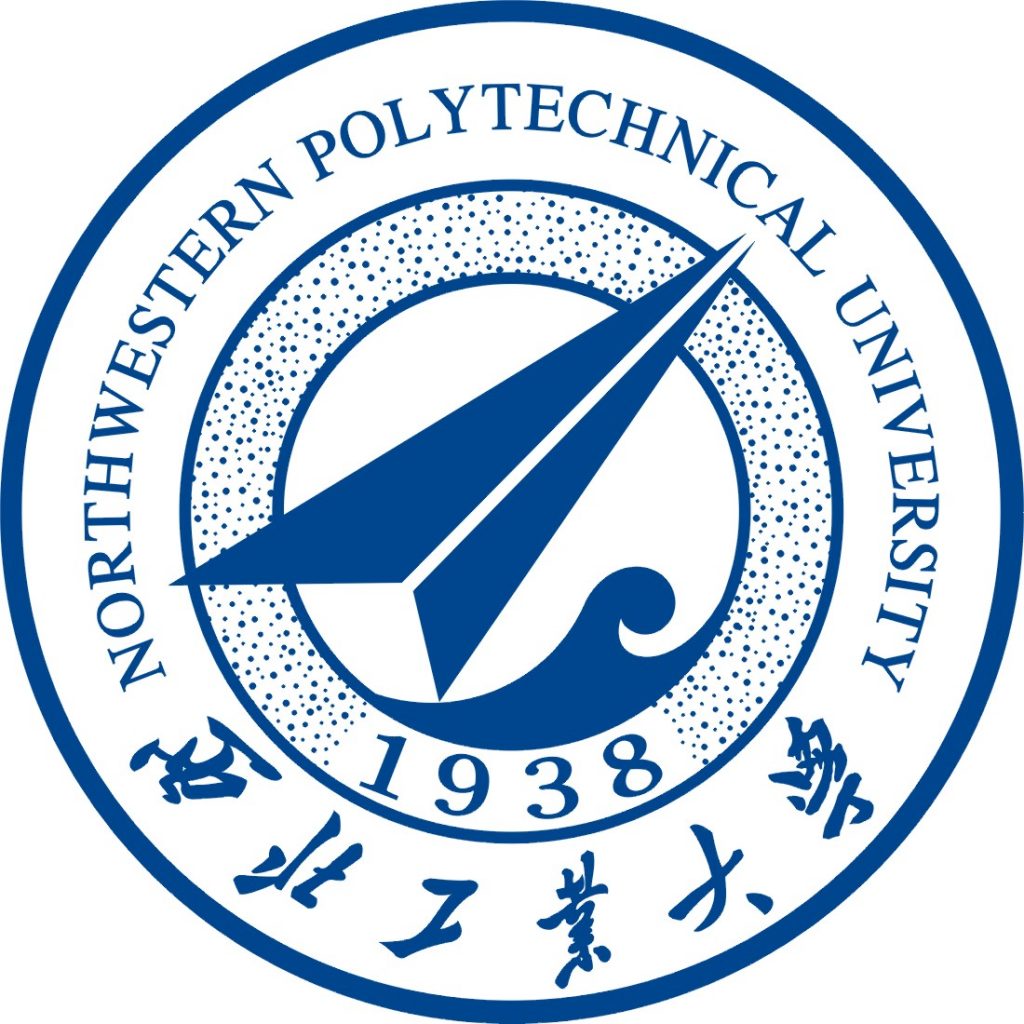
Northwestern Polytechnical University
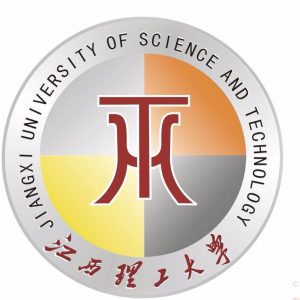
Jiangxi University of Science and Technology

Hunan University of Science and Technology

Qinda Technology Co., Ltd.

State Key Laboratory of Intelligent Mining Equipment Technology

Chengdu Chuangpin Robot Research Center (Limited Partnership) Co., Ltd













